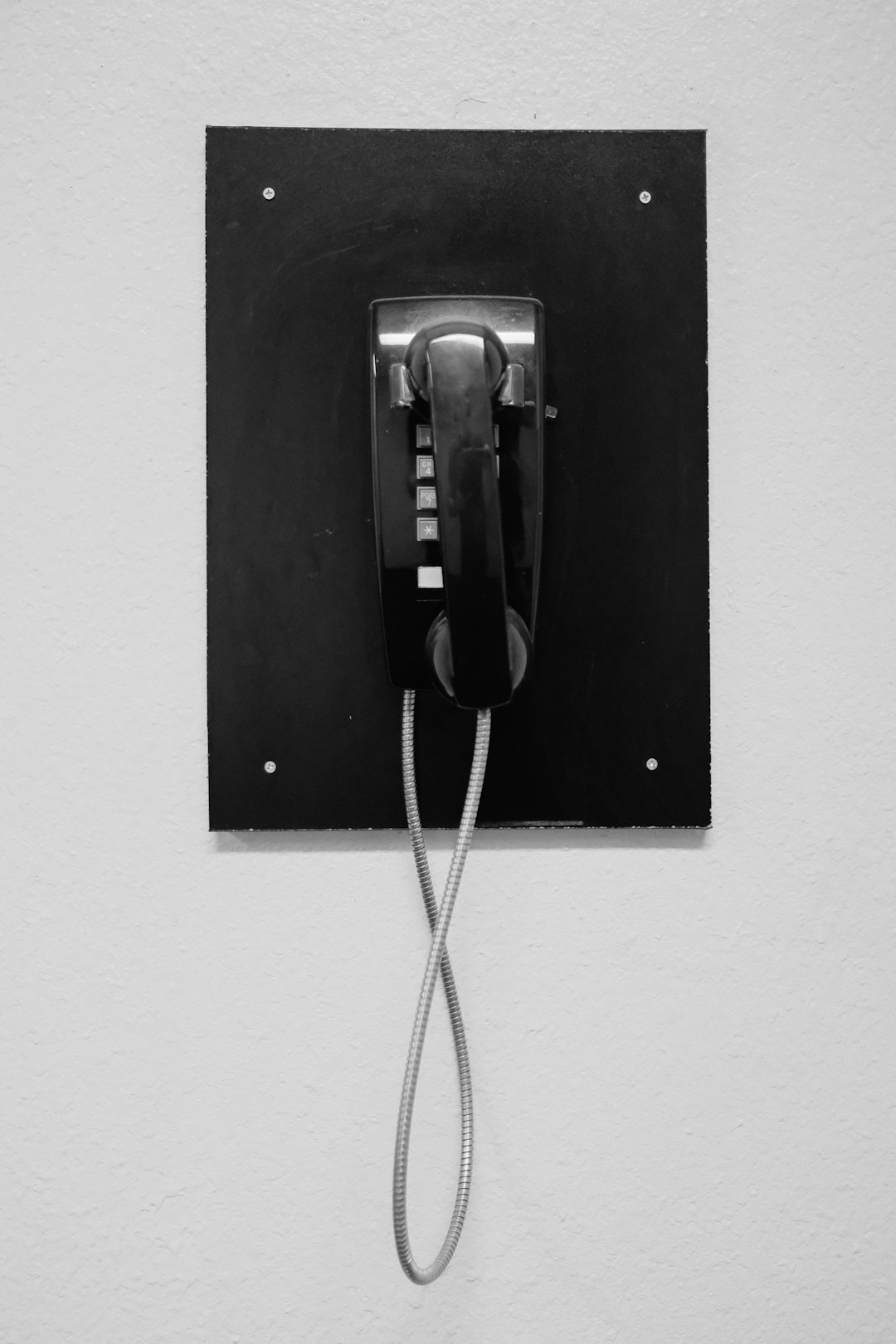In Nevada, both state laws and federal regulations, including the Fair Debt Collection Practices Act (FDCPA), protect consumers from abusive debt collection practices. Individuals have rights to request debt validation, stop communication through written requests, dispute debts, and demand no further contact from collectors, which they must honor. Documenting interactions is crucial for protecting one's rights during the debt collection process in Nevada.
“In the state of Nevada, understanding your rights regarding debt collection is crucial. This article serves as a comprehensive guide for borrowers navigating the complex landscape of debt collection laws in Nevada. We’ll delve into ‘Cease Communication Rights’—a critical aspect that allows debtors to take control. By exploring these regulations, you’ll learn how to protect your privacy and communicate effectively with debt collectors. Whether you’re facing collection efforts or want to ensure compliance, this guide offers valuable insights into your rights under Nevada debt collector laws.”
Understanding Nevada Debt Collection Laws

In Nevada, debt collection practices are governed by both state and federal laws, designed to protect consumers from aggressive or unfair tactics. The Fair Debt Collection Practices Act (FDCPA) sets national standards for how debt collectors must conduct themselves, but Nevada has its own set of rules that complement these federal guidelines. Understanding these debt collector laws in Nevada is crucial for both creditors and debtors.
Nevada debt collection laws stipulate that collectors must identify themselves, provide a statement of the amount owed, and explain the consequences of failure to pay. They are prohibited from using abusive, oppressive, or fraudulent language, threatening or harassing behavior, or contacting debtors at inconvenient times. Debtors in Nevada have the right to request validation of the debt and to cease communication with collectors through written requests. Knowledge of these rights is essential for consumers navigating the process of debt collection in this state.
Cease Communication Rights: What Borrowers Need to Know

In Nevada, debt collectors are bound by strict regulations that protect borrowers’ rights, one of which is the right to request a cease communication. This legal right allows individuals who are being contacted about their debt to instruct the debt collector not to contact them anymore. It’s crucial for borrowers to understand this right as it can significantly impact their interaction with debt collectors in Nevada.
When a borrower exercises their cease communication right, it means they no longer want to receive any phone calls, letters, or other forms of correspondence from the debt collector regarding the specific debt. This request must be made in writing and sent to the debt collection agency. Once received, the debt collector is legally obligated to stop all communications related to that particular debt. This provision offers borrowers a much-needed break from persistent debt collector calls, providing them with time and space to formulate their next steps.
Protecting Your Rights: Navigating Debt Collection in Nevada

In Nevada, individuals have specific rights when dealing with debt collectors, as regulated by the state’s debt collection laws. Understanding these rights is crucial for protecting yourself from aggressive or unlawful practices. The Fair Debt Collection Practices Act (FDCPA) dictates how debt collectors can communicate and conduct themselves while trying to collect a debt. According to this law, debt collectors must cease communication if you request it in writing, limiting further contact unless specific exceptions apply.
Navigating these laws requires knowledge of your rights, including the ability to dispute the debt’s validity and amount. If a debt collector continues to communicate after you’ve requested no contact, you may have grounds for legal action under Nevada’s debt collection regulations. Documenting all interactions and keeping records can help protect you if any disputes arise.






